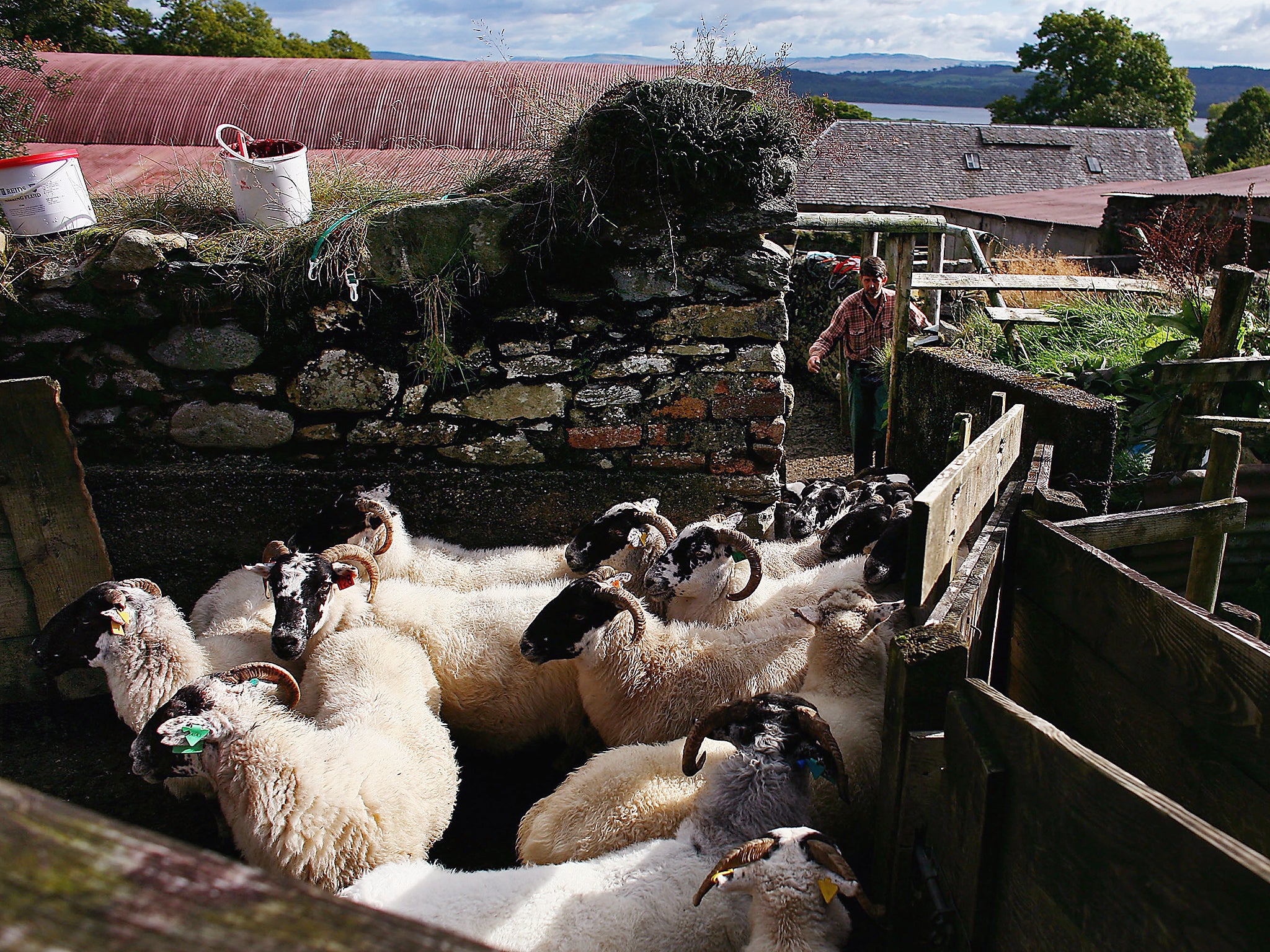We should be worried about the Government’s lack of a post-Brexit plan for the environment
Tailoring agri-environment schemes to fit regional requirements and the needs of endangered species like turtledoves and skylarks will be key, and so will funding in a post-EU subsidy world

Your support helps us to tell the story
From reproductive rights to climate change to Big Tech, The Independent is on the ground when the story is developing. Whether it's investigating the financials of Elon Musk's pro-Trump PAC or producing our latest documentary, 'The A Word', which shines a light on the American women fighting for reproductive rights, we know how important it is to parse out the facts from the messaging.
At such a critical moment in US history, we need reporters on the ground. Your donation allows us to keep sending journalists to speak to both sides of the story.
The Independent is trusted by Americans across the entire political spectrum. And unlike many other quality news outlets, we choose not to lock Americans out of our reporting and analysis with paywalls. We believe quality journalism should be available to everyone, paid for by those who can afford it.
Your support makes all the difference.Last week, the government said it would release its long awaited 25 year plan for the environment, with a 25 year plan for farming to follow soon after.
Then it changed its mind. This abrupt about turn shows the challenge of protecting the environment while protecting the economy in the turmoil of Brexit and Trump where the only thing we know is, we don’t know much at all.
Rumours suggest the plan will be out this week. But, while we’re waiting, it might be useful to debunk some myths around the UK’s ‘urban’ and ‘natural’ landscapes.
Some people think more efficient agriculture will require less land in future, freeing up space for nature.
Higher farming yields could cut the amount of land needed – but unless that land is dedicated to restoring natural ecosystems, there will be no benefit to wildlife.
In fact, the intensive farming needed to lift yields will result in wildlife declines on top of the massive reductions we are already seeing, which have been clearly linked to agriculture.
To protect the UK’s habitats and animals, agri-environment schemes on farms need to be kept and remodelled post-Brexit. Tailoring them to fit regional requirements and the needs of endangered species like turtledoves and skylarks will be key, and so will funding in a post-EU subsidy world.
Urban wildlife is in trouble too. Hedgehog populations are plummeting. House sparrow numbers are down massively, and are now locally extinct in many areas.
Even blackbirds, a classic example of a successful urban colonist, are declining in large urban areas like London. Many species can’t survive in towns and cities, yet urban development continues to be proposed on key wildlife sites and those of special scientific interest, like Lodge Hill in Kent.
There are some who say we can make up for damaging the natural world by offsetting it against environmental protection elsewhere. This only works if there is no net loss of biodiversity. At the moment, proposed offset areas in the UK are nowhere near big enough, and making up for losses with conservation outside the UK would somewhat defeat the government’s aim of improving the UK environment for the next generation.
For offsetting – which remains hugely controversial – to work, we need a strong system to prevent double counting and short termism. This will stop a single conservation project being used to offset several developments, and make sure new schemes really are in addition to conservation that would have happened anyway.
The government has its work cut out with its 25 year plans for the nature and farming. Without schemes that really do protect the environment and the money to back them, it will struggle to make changes which benefit people and the planet. In today’s uncertain world, 25 years of clarity would be a welcome thing.
The plan must be underpinned by law – this will be critical to make sure the government can be held to account in court. This will also help prevent a watering down of environmental laws post-Brexit. We’re working to make sure that the plan is ambitious and forward-looking.
UK nature has some strong laws on its side, but the government must do its job too. Those laws must translate to action to protect birds, animals, land and sea. If government doesn’t do this, it can and must be challenged. ClientEarth took the government to court for breaking air pollution laws, and won. Now, the government is coming up with a plan to clean up our air. Our nature deserves the same commitment, now and in the future.
James Thornton is chief executive of ClientEarth
Join our commenting forum
Join thought-provoking conversations, follow other Independent readers and see their replies
Comments